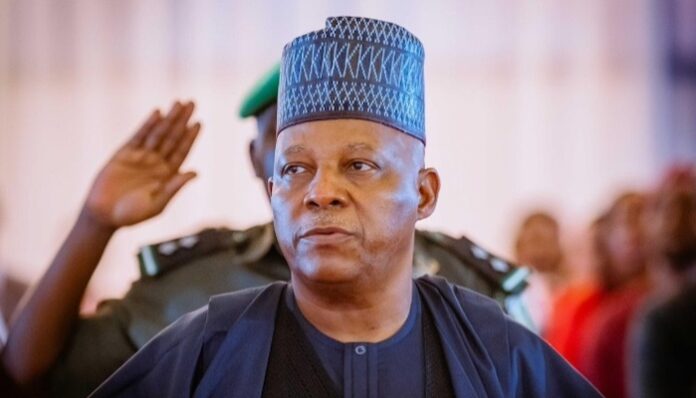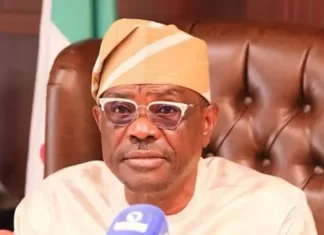Shettima also emphasised the critical role of the power sector in Nigeria’s quest for meaningful economic development
By Kehinde Okeowo
Vice President, Kashim Shettima on Thursday acknowledged that an estimated 40-70 percent of Nigerians have no formal access to electricity.
He made this known while inaugurating the National Economic Council (NEC) Ad Hoc Committee on National Electrification and NEC Ad Hoc Committee on Polio Eradication at the Presidential Villa, Abuja.
Shettima, however, said he is comforted by the knowledge that the calibre and experiences of state Governors and other members of the committee “will definitely change the narrative in a positive trajectory.”
He also emphasised the critical role of the power sector in Nigeria’s quest for meaningful economic development, urging leaders to rise above differences and address the nation’s electricity challenges.
During the well attended event, Shettima referenced countries with similar challenges of energy insufficiency, such as Indonesia, India, South Africa, and Uganda, pointing out that they are already in the league of those at the forefront of post-industrial revolution.
ALSO READ: ‘No one in their right senses would sustain a quarrel with Wike,’ Akpabio throws jibe at Fubara
Speaking via a statement issued by Senior Special Assistant to the President on Media and Communications, Office of the Vice President, Stanley Nkwocha, Shettima said “one common thing with these countries and others in the post-industrial revolution community is that they have largely resolved the issue of energy insufficiency.
“There is no doubt that we cannot dream of meaningful national economic development without addressing the issue in the power sector and ensuring that Nigerians have accessible, available and affordable energy.”
He further admitted that there are basic challenges in the nation’s power sector, especially the national grid which has been witnessing system collapse.
The VP, however, expressed hope that there will soon be significant improvement following the recent reforms in the energy sector which have opened the sector, “not only to the participation of, otherwise, excluded players, but also to attract investments, both foreign and local.
“I believe we are well endowed with resources, be it gas, hydro or solar, that allow us to have an optimal energy mix and leverage these resources to build a sector in a resilient manner that ensures energy security for every Nigerian,” he added.













